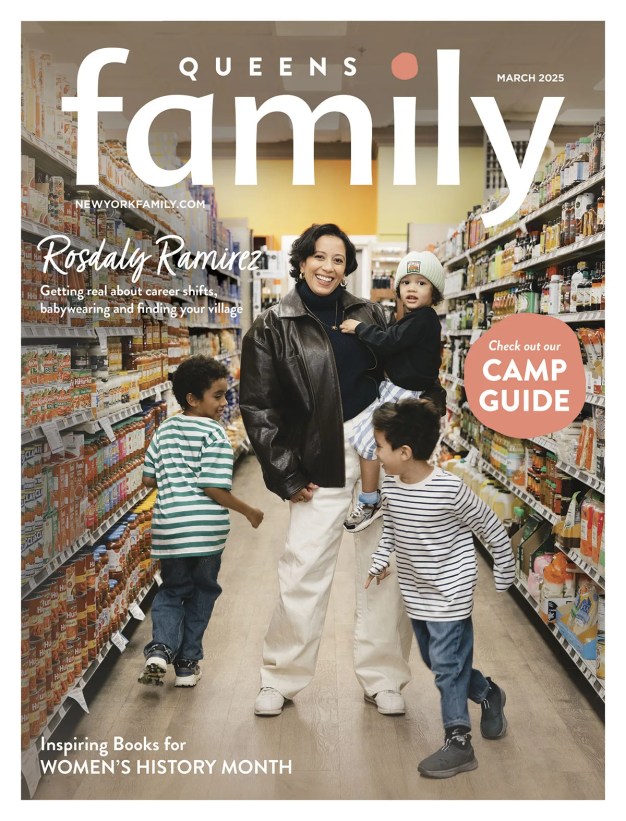
Gas Stoves and Asthma: What You Need to Know
A recently published study has found that indoor gas stoves are linked to an increased risk of asthma in children, with around 12.7% of current childhood asthma cases in the United States being attributable to gas stove use.
Since the publication of this study, debates have sprung up, with some pledging their allegiances to gas stoves and others suggesting that they be phased out. There’s a lot of information swirling around, which can be hard to sift through if you’re a parent, especially one with a gas stove in your home currently.
Here’s what you need to know about gas stoves, how they can affect you and your family’s health and what you should do if you have a gas stove in your house.
Psst… Here’s a Guide to Cold Weather Safety as temperatures begin to drop.
What Makes Gas Stoves Potentially Harmful?
Because stoves burn natural gas, they create invisible by-products, one of the most concerning being nitrogen dioxide (NO2). The Environmental Protection Agency (EPA) actually has regulations outdoor NO2 emissions and sets safe exposure limits, but there aren’t any similar regulations for indoor exposure.
In recent years, we’ve learned much more about the ways that exposure to NO2 can negatively affect our health. Long-term exposure to NO2 can increase a person’s chances of respiratory infections and asthma.
Gas stoves have a negative impact on the environment as well. Burning natural gas produces carbon dioxide. Unburned natural gas contains methane, and gas stoves have been found to leak unburned methane. Both carbon dioxide and methane are greenhouse gases, which contribute to climate change.
Are Gas Stoves Going To Be Banned?
Federally, there doesn’t seem to be a ban on gas stoves on the horizon. Alex Hoehn-Saric, Chair of the U.S. Consumer Product Safety Commission (USCPSC), released a statement clarifying that he is not looking to ban gas stoves.
Instead, the USCPSC is doing further research on the gas emissions from stoves and working on finding new ways to address the health risks.
In New York City, there’s already a ban on natural gas hook ups in new buildings going into effect at the end of this year.
City Council passed a bill in 2021 that will ban natural gas in new buildings under seven stories starting in 2024, and in 2027 for anything taller. However, this bill doesn’t affect buildings where gas is already installed.
I Have A Gas Stove. What Do I Do?
You don’t need to get rid of your gas stove. If you want to take some steps towards lowering health risks that could come from using a gas stove, here are some things you can consider doing:
- Ventilate your kitchen when cooking. Turning a fan won’t do much, since it’s just circulating the same air through the kitchen. But consider opening your windows while you cook or use exhaust fans that move air outside.
- Use an air purifier with a high clean air delivery rate (CADR) to improve the air quality in your home
- Look into using electric appliances where you can. While replacing a gas stove with an electric stove isn’t easy or even feasible for many, there are smaller changes you can make to limit how much you’re using gas. Use an electric kettle instead of boiling water on the stove top. Use appliances like electric slow cookers, toaster ovens, rice cookers or microwaves when possible.
There’s no need to rip your gas stove from the wall, but these small changes can make a difference in the health of you and your family.























